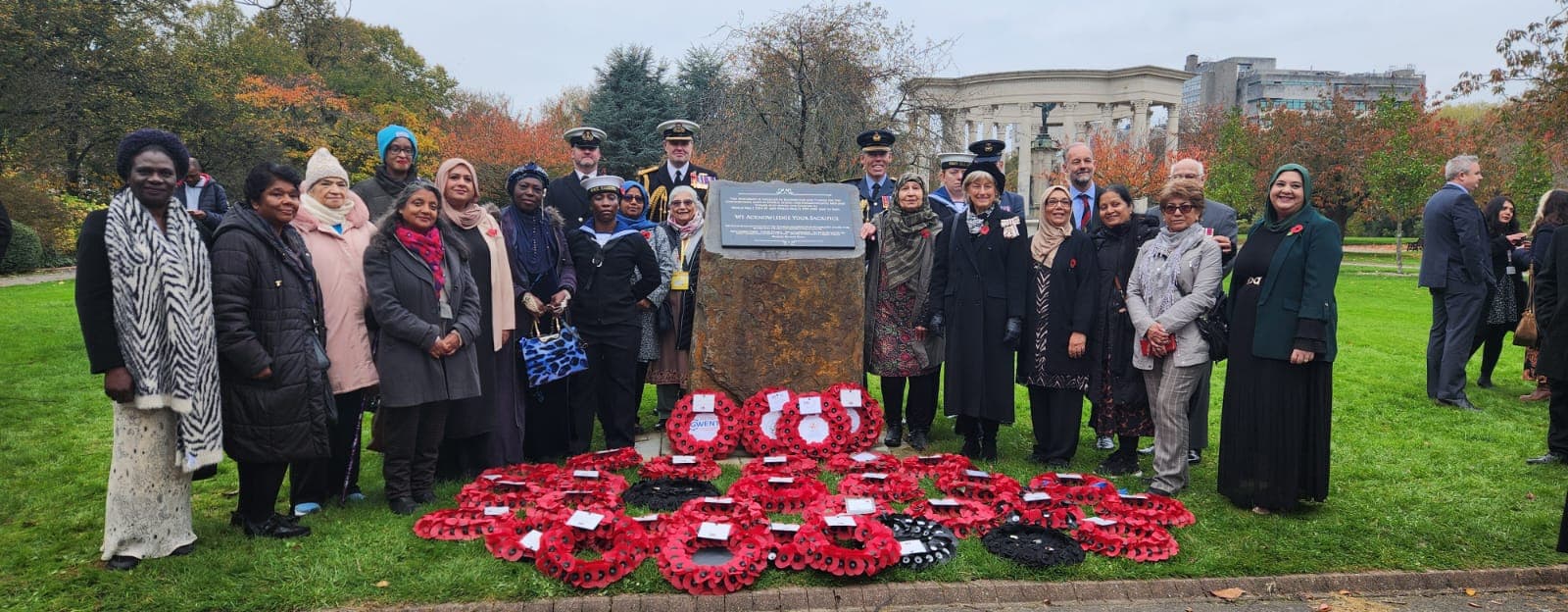
By Amos Daniel
@amdaniel
2024-04-25
As we continue to navigate the evolving landscape of the coronavirus pandemic, staying informed is key to managing our daily lives and making informed decisions. Here, we provide an update on the current state of affairs regarding COVID-19, including vaccination progress, emergence of new variants, and public health guidelines.
Vaccination Efforts and Global Progress
Globally, vaccination efforts have shown promising results in reducing severe cases of COVID-19 and deaths associated with the virus. As of now, a significant proportion of the world's population has received at least one dose of a COVID-19 vaccine, with many countries now administering booster shots to combat waning immunity and protect against emerging variants.
In countries with high vaccination rates, there has been a noticeable decrease in hospitalizations and severe outcomes. Governments are focusing on expanding vaccine accessibility and encouraging those hesitant about vaccination to come forward, armed with information about the benefits of being vaccinated.
The Emergence of New Variants
The coronavirus has continued to evolve, leading to the emergence of new variants that can spread more easily and potentially evade immunity from previous infections or vaccinations. Health authorities worldwide are closely monitoring these variants to adjust public health strategies accordingly. The good news is that current vaccines continue to offer significant protection against severe disease, even with these new variants.
Updated Health Guidelines
With the changing dynamics of the pandemic, health guidelines are being updated regularly to reflect the latest scientific understanding of how the virus spreads and how best to prevent it. Key guidelines include:
- Mask-Wearing: Masks continue to be recommended in crowded and enclosed spaces, especially in areas with high transmission rates.
- Social Distancing: Maintaining physical distance from others when possible continues to be a useful measure to prevent spread.
- Hygiene Practices: Regular hand washing and the use of sanitizers remain important in controlling the spread of the virus.
- Ventilation: Improved indoor ventilation has been recognized as crucial in reducing airborne transmission of the virus.
Travel and Public Life
Travel restrictions have been adjusted in many regions, with requirements for testing and quarantine depending largely on vaccination status and prevailing conditions. Travelers are advised to check the latest guidelines from relevant authorities before making travel plans.
Public life is gradually returning to a semblance of normality in many places, with businesses, schools, and workplaces implementing safety measures to protect individuals while resuming activities.
Conclusion
As we move forward, the key to managing this ongoing pandemic will be the global community's ability to adapt to new information and continue practicing measures that safeguard public health. Keeping up with vaccinations, staying informed about changes in guidelines, and maintaining responsible practices are essential steps in navigating this challenging time.
Stay safe, stay informed, and support each other as we work towards overcoming this global challenge.




